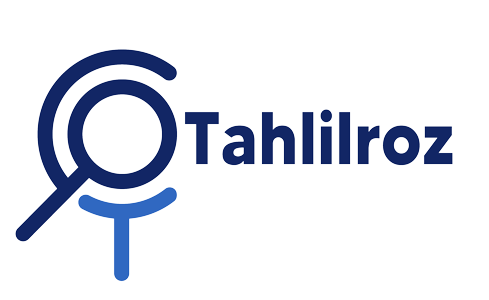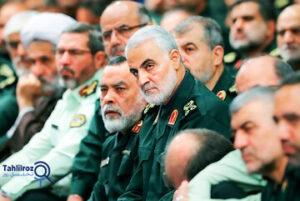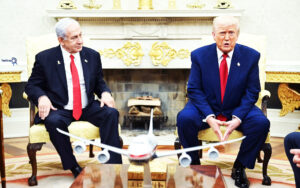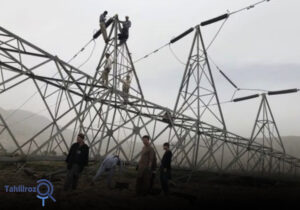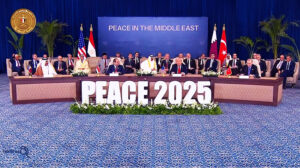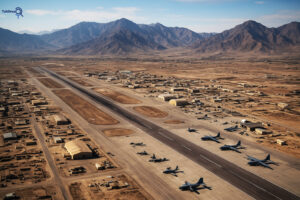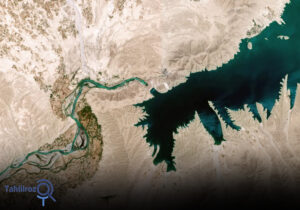Taliban foreign policy
Since the Taliban returned to power in Afghanistan in August 2021, their foreign policy approach has gradually evolved from a primarily insular movement focused on domestic control to one attempting to navigate a complex web of international diplomacy. Despite lacking formal recognition by any country, the Taliban have actively sought to strengthen ties with neighboring states, regional powers, and broader international actors. This evolution reflects both strategic necessity and pragmatic efforts to secure economic assistance, political legitimacy, and regional stability.
-
Engagement with Neighboring Countries
Pakistan remains the most pivotal neighbor for the Taliban, due to longstanding ties dating back to the group’s origins in the 1990s. Although Islamabad initially welcomed the Taliban’s return, relations have grown tense over cross-border security issues, especially Pakistan’s concerns about the Tehrik-i-Taliban Pakistan (TTP), which operates from Afghan territory. The Taliban’s reluctance to curb TTP activities has strained the relationship, leading to diplomatic and military friction.
Iran has adopted a pragmatic stance toward the Taliban, despite deep ideological differences. Tehran has maintained diplomatic channels and sought cooperation on border security and trade. However, tensions flare periodically, particularly over water rights and the treatment of Afghanistan’s Shiite Hazara minority.
China has shown interest in engaging with the Taliban, primarily driven by security concerns in its western Xinjiang region and economic ambitions related to the Belt and Road Initiative (BRI). Beijing has not officially recognized the Taliban but has hosted delegations and explored investment opportunities, especially in mining.
Central Asian states, including Uzbekistan and Turkmenistan, have maintained practical engagement with the Taliban, focusing on trade, infrastructure, and border stability. These nations are particularly interested in regional connectivity projects, such as rail links and energy corridors that pass through Afghanistan.

-
Taliban foreign policy; Relations with Regional Powers
Russia has adopted a cautious but open stance, hosting Taliban representatives and advocating for a regional solution to Afghan issues. Moscow’s concerns center on extremism, drug trafficking, and refugee flows, and it seeks to balance its relations without offering official recognition.
India, historically aligned with the previous Afghan governments, has resumed limited diplomatic contact with the Taliban. While wary of the group’s ties with Pakistan-based militants, India has sent humanitarian aid and reopened its diplomatic mission in Kabul on a technical level.
Turkey and Qatar have emerged as key interlocutors. Qatar hosted the Taliban’s political office for years and played a major role in facilitating the U.S.-Taliban negotiations. It continues to act as a diplomatic bridge. Turkey has also engaged diplomatically and expressed interest in maintaining influence in post-U.S. Afghanistan, partly through development aid and humanitarian efforts.
-
Broader International Outlook
The Taliban have made efforts to engage the wider international community, especially regarding humanitarian aid and economic recovery. However, their pursuit of broader recognition is hampered by global concerns over human rights, particularly the rights of women and girls, restrictions on press freedom, and the Taliban’s refusal to form an inclusive government.
Western countries, including the United States and members of the European Union, maintain a policy of conditional engagement. While humanitarian assistance continues to flow, sanctions and the freezing of Afghan central bank assets have limited the Taliban’s access to international financial systems.
Despite the lack of formal recognition, the Taliban continue to host foreign delegations and participate in international forums, including regional summits hosted by China, Russia, and Iran. Their strategy appears to hinge on gradual normalization through functional ties, particularly with countries less concerned about liberal democratic norms and more focused on security and economic stability.

-
Conclusion
The Taliban foreign policy has transitioned from isolation toward cautious engagement. While the group remains diplomatically marginalized in much of the West, it has made significant inroads with neighboring and regional powers. The Taliban’s ability to sustain and expand these relationships will depend largely on their internal governance choices, particularly their responsiveness to international expectations on rights, counterterrorism, and inclusivity. As global actors adapt to the realities of Taliban rule, Afghanistan remains a key node in regional diplomacy—albeit under a regime still struggling for global legitimacy.
Mohsen Shahrafiee
